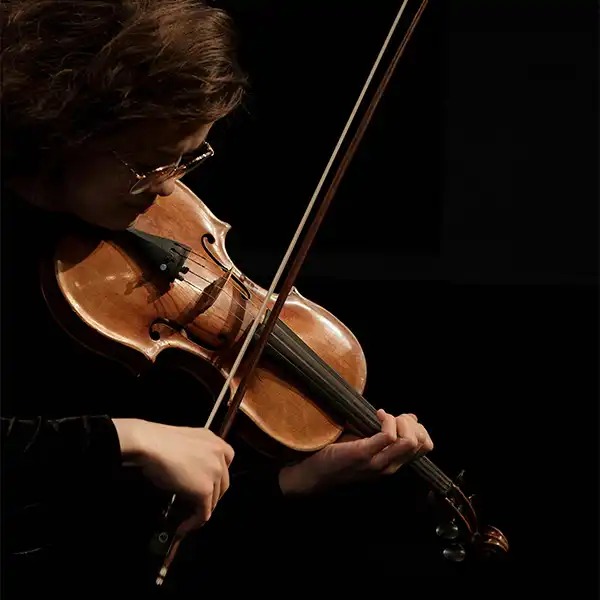The value of mastering a musical instrument is immense and, for actors, it can be particularly beneficial. Actors should consider learning to play an instrument for several reasons: it’s a satisfying hobby, it can set you apart in auditions, and it enables versatility across both traditional and musical theatre. Even if you don’t aspire to perform music professionally, the skills involved in learning an instrument can enhance your ability to absorb and understand complex artistic concepts.

The Importance of Hobbies
It’s vital for actors to engage in hobbies outside of their professional life to maintain mental well-being. If you’re in need of a hobby, why not consider an instrument? The progression in musical ability is measurable and rewarding, providing a concrete sense of achievement in the often uncertain path of an acting career.
Special Skills Matter
In the acting world, having special skills can make a significant difference. Proficiency in a musical instrument can greatly enhance your chances of landing roles, especially in productions that value musical talent. Even if a role doesn’t specifically require musical skills, having them can give you an edge over other candidates due to the versatility they provide.
The Advantage of Neuroplasticity
Playing an instrument significantly boosts neuroplasticity—the brain’s capacity to adapt and learn new skills. This not only makes you a better musician but also speeds up your ability to acquire other skills crucial to acting, like new accents or languages.
Cognitive Benefits of Playing Music
Learning an instrument can improve your focus, memory, and several other cognitive functions, all of which are essential for memorising lines and staying sharp during long days on set. Moreover, musicians often exhibit greater empathy—a key trait for any successful actor, likely enhanced by the attentive listening required in music.
Drawing Parallels Between Music and Acting
It’s been said that, directors have compared scripts to musical scores. As musicians must adhere to their scores while injecting emotional depth, actors must stay true to the script while authentically bringing the character to life. This discipline is similar to musicians practising scales, which builds a base that supports both precision and creative freedom during performances.

How to Start Your Musical Journey
The piano is an excellent starting point for musical training, akin to learning Spanish due to its foundational nature. Affordable electronic keyboards and free online tutorials provide an accessible entry into music. After mastering the basics, you may explore other instruments like the guitar or drums.
In conclusion, music not only enriches your personal life but significantly bolsters your professional acting capabilities. The discipline, cognitive benefits, and new opportunities it offers are invaluable.
Embrace the challenge of learning music; it may just redefine your approach to acting and open new avenues in your career.







